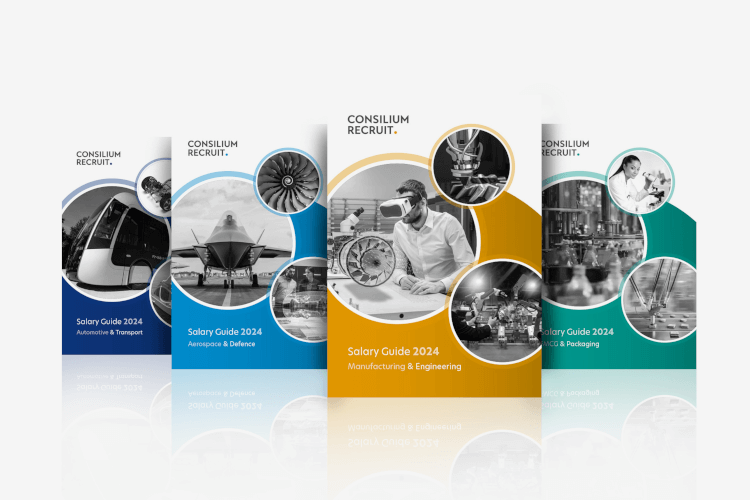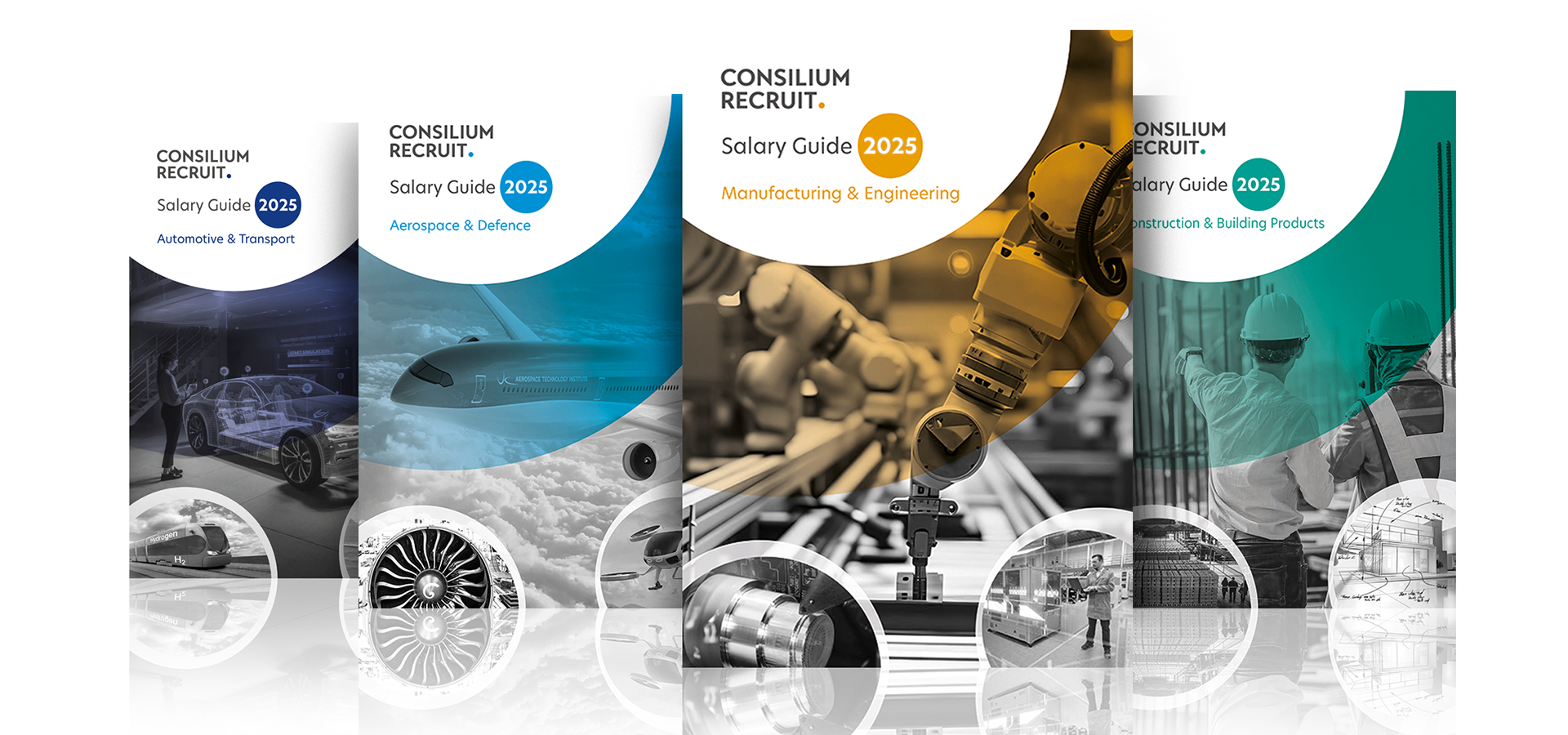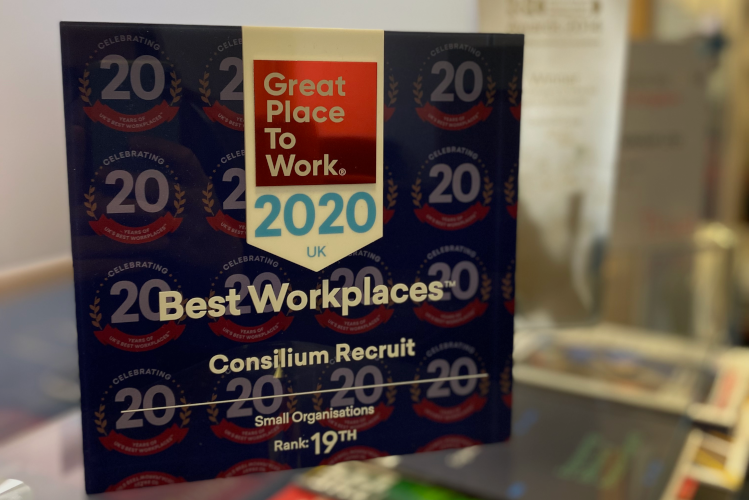Modular Construction – the future of building!
Modular construction is simply the process of constructing a building off-site, under controlled factory conditions, using the same materials and designed to the same standards and building regulation as conventionally built facilities – but in typically half the time!
While pre-fabricated construction isn’t new, the modular construction sector driven by the Modern Methods of Construction (MMC) revolution has taken this technique to another level – creating some of the highest specification and sophisticated buildings without compromise whilst achieving the following credentials too:
Sustainable!
The factory-controlled process creates fewer site disturbances and allows for tighter construction .
Modular buildings can be disassembled and the modules relocated or refurbished for new use, reducing the demand for raw materials and minimizing the amount of energy expended to create a building to meet the new need.
Reduce material waste by recycling materials, controlling inventory and protecting building materials in a factory environment.
Improved air quality plus reduction in moisture levels trapped in the new construction.
Faster!
Construction of modular buildings occurs simultaneously with site work, allowing projects to be completed in typically half the time of traditional construction.
With up to 90% of the construction completed inside a factory, the risk of weather delays is also mitigated resulting in buildings being occupied sooner, creating a faster return on investment.
Also, the advent of MMC and Modular has created a fertile environment for the integration of digital manufacturing and digital twinning. This only serves to further lead times and maximise the impact of modular manufacturing as a rapid and agile solution.
Design!
With limitless design opportunities, modular buildings are built to meet or exceed the same building regulations and standards as site-built structures, with the same specified materials used in conventionally constructed buildings - wood, concrete, steel and even increasingly composites too.
Quality!
Structurally, modular buildings are generally stronger than site-built construction because each module is engineered to independently withstand the rigors of transportation and lifting onto foundations. Once together and sealed, the modules become one integrated wall, floor, and roof assembly.
Also, building offsite ensures better construction quality management with stringent QA/QC programs coupled with independent inspection and testing protocols that promote superior quality of construction at every stage.
Safety!
Not forgetting the indoor construction environment reduces the risks of accidents and related liabilities for workers.
What are Modular Buildings used for?
Commercial Buildings: A huge range of public service and commercial buildings can be made using modular construction including hospital units, schools, training buildings and more.
Offices: Installing a modular office building can be a quick way to establish or grow a business. This coupled with the portability of modular buildings make for a highly flexible and cost-effective option.
Housing: Modular housing in the UK has finally shaken off its ‘pre-fab’ post-war housing connection and especially due to the range of designs, materials and quality of finish available, a modular house can be visually indistinguishable from one constructed on-site. This makes modular buildings especially popular for social housing and larger housing blocks.
To date, the take up of modular housing in the UK has been disappointing, accounting for around 15k of the 200k homes built each year, compared to countries such as Germany, Sweden, Japan and the USA where modular housing is well established. The Government, led by its MMC initiative is desperately hoping to change this trend in an attempt to help solve the acute housing crisis.
Either way, Modular Building & Construction is firmly established in the UK and only set to grow!
Consilium Recruit is already an industry recruitment partner to leading Modular Construction companies including Darwin Group, Innovare Systems, and Vanguard Healthcare Solutions Ltd.
To discuss any aspect of recruitment related to Construction, Infrastructure or Modular Build, please contact Ben Cottriall (ben.cottriall@consiliumrecruit.com) or James Colley (james.colley@consiliumrecruit.com) or via 01789 201040.











